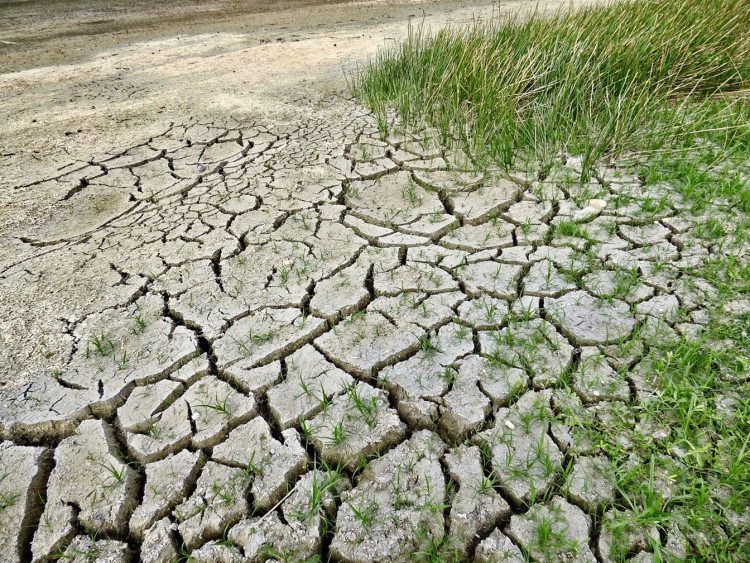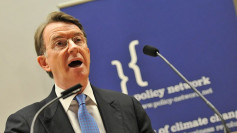A new book published on Monday by the Bank for International Settlement reveals a sobering thought: nations can't expect central banks to come to their aid when climate change worsens.
"The Green Swan", inspired from a play on the notion of "black swan" events, cautioned on the wide-ranging effects of a global change in climate, especially on the world's trade and financial structure.
The series of extreme weather occurrences have risen almost 400 percent in the past four decades. Just 43 percent of the damage climate change had on the world's financial system as a result of such events is now covered in the US. In Asia and Africa, the figure is a measly 8 percent and 3 percent, respectively.
Luiz Awazu Da Silva, one of the book's co-authors, disclosed "we might be on the verge of seeing something that might be behind the next systemic financial turmoil."
Urgency with regards the massive change in global temperature comes as rising water levels put vast areas of key cities and coastal regions in danger of flooding while droughts destroy crops and agricultural products in other parts of the globe.
If extreme patterns in global climate starts to unravel, central banks, having played a critical part in the world's financial health, might be tapped as a last-resort climate rescue.
Da Silva puts it bluntly: "There's no silver bullet... Central banks are not going to save the world this time."
François Villeroy de Galhau, head of the national central bank of France, said that climate change is a part of economic and forecasting models.
The book further noted that existing policies based on capital requirements for finance institutions will not be able to alleviate the destructive effects of climate change on the world's financial networks.
A new set of detailed approach in bank policies is required instead, involving central banks, the government and capital investors. But this idea, the book emphasized, would demand unprecedented international connections at a time when world finance is seriously "compromised."
The authors added that evaluating these risks thus needs a revision in the regulatory approach, which has already started in the financial community with the creation of scenario-based risk-management strategies.
Meanwhile, some climate-economic platforms suggest up to 70 percent of global gross domestic product -- about $80 trillion at present -- could be wasted if no concrete step is taken to cut global carbon dioxide emissions.
The volume of carbon dioxide in the world's atmosphere is 415 parts per million, the highest recorded concentration ever, and far higher compared to the 270-280 parts per million that had prevailed for many decades.






